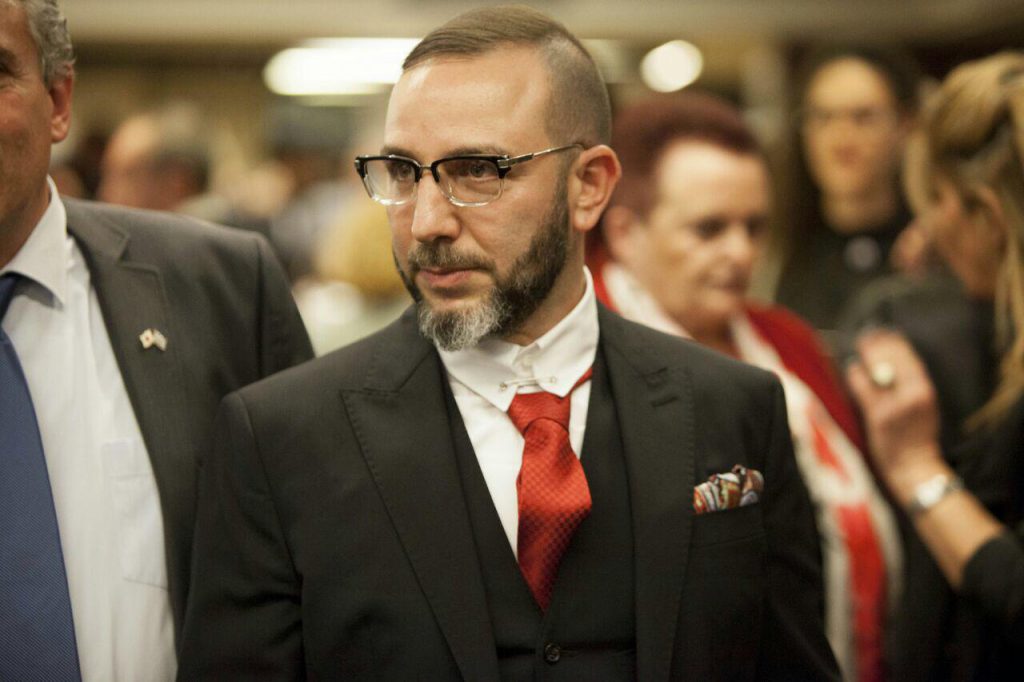The first mikveh in Tokyo, Japan, was opened by Israeli-Japanese businessman Tony Levy. He doesn’t wear a yarmulke but tries to do mitzvahs and feels a kind of Divine Providence. His life story, his transformation from a shampoo boy at a barbershop to a millionaire with a large jewelry chain in Japan, is a story of business intelligence, an ability to see opportunities, and a lot of hard work. Not to mention that same great blessing that Levy attributes to God. Through the vapor of his electronic cigarette which he refuses to set down, the conversation with him is a mix of the spiritual and the corporeal. In addition to his intensive work, he makes sure to give back to society: 13 years ago, he was appointed president of the Jewish community in Kobe, and he does his best to help the city’s Jews.
Beside him on the sofa, in a luxurious building in Tel Aviv which houses one of his Israeli apartments, sits a Gucci designer bag. He spreads three cellular devices out in front of him so as not to miss a single call. Meanwhile, it is hard to miss the expensive sunglasses hanging from the breast pocket of his branded shirt.
Throughout the entire interview, Levy gives off an extraordinary charisma. He speaks fluently, clearly, and sharply, and he evidently knows exactly what message he wishes to convey. In general, Tony has incredible business vision and knows how to brand things. Including himself.
The Man Who Brings Color to Life | Photo: Tony Levy
In the parking lot are his cars, which stir the imagination, particularly in Israel. There is a rare Ferrari, one of just 488 cars of its kind ever to be manufactured and another Ferrari, an Abarth. In Japan, he says, he also has a Rolls Royce and Lamborghini. “Missile cars”, he smiles. Levy loves brands and loves to display them on his visits to Israel. Here they stand out more. There they are part of the super-designed, branded and meticulous environment, in an entire culture of hyper-precise self-presentation.
Levy refers to his car collection, which draws media interest, as “an old-fashioned hobby. When I drive a luxury vehicle I feel like it gives me the drive to go on,” and not for nothing. Levy always looks for the most special cars. At age 32, when he was the proud owner of 20 stores, he bought his first Mercedes. At age 34, he bought a Ferrari that made him “feel like wow”, in his words. These aren’t display cars, and there is a chance you will see him in your neighborhood gassing up some rare vehicle with an insane price tag. “If you don’t feel sure about it – don’t buy it. Otherwise you will drive around a car you’re not sure about for three years. Comfort is very important to me,” he says.
His jewelry chain, Bless, already has 48 stores around Japan, in addition to a designated factory. At the same time, he manages real estate business in both Israel and Japan. He also still holds 30% of the Laline chain in Japan, which he brought there in 2011 and chose to sell to a huge Japanese corporation which has a turnover of $1.5 billion and 1,500 stores in Japan – while maintaining a significant share of the profits.
“I was always the black sheep,” Levy recalls. “In school, my grades were never very impressive. My parents always put me down. They always said, ‘if you don’t learn, you won’t find work. If you don’t study, you won’t have any money. You won’t survive.’ I was a hyperactive kid. I wouldn’t break anything or beat anyone, I wasn’t a bad kid. But you know, parents always give you a hard time, ‘you’re a bad kid’. In the end, that was what pushed to me to go on and be a success.”
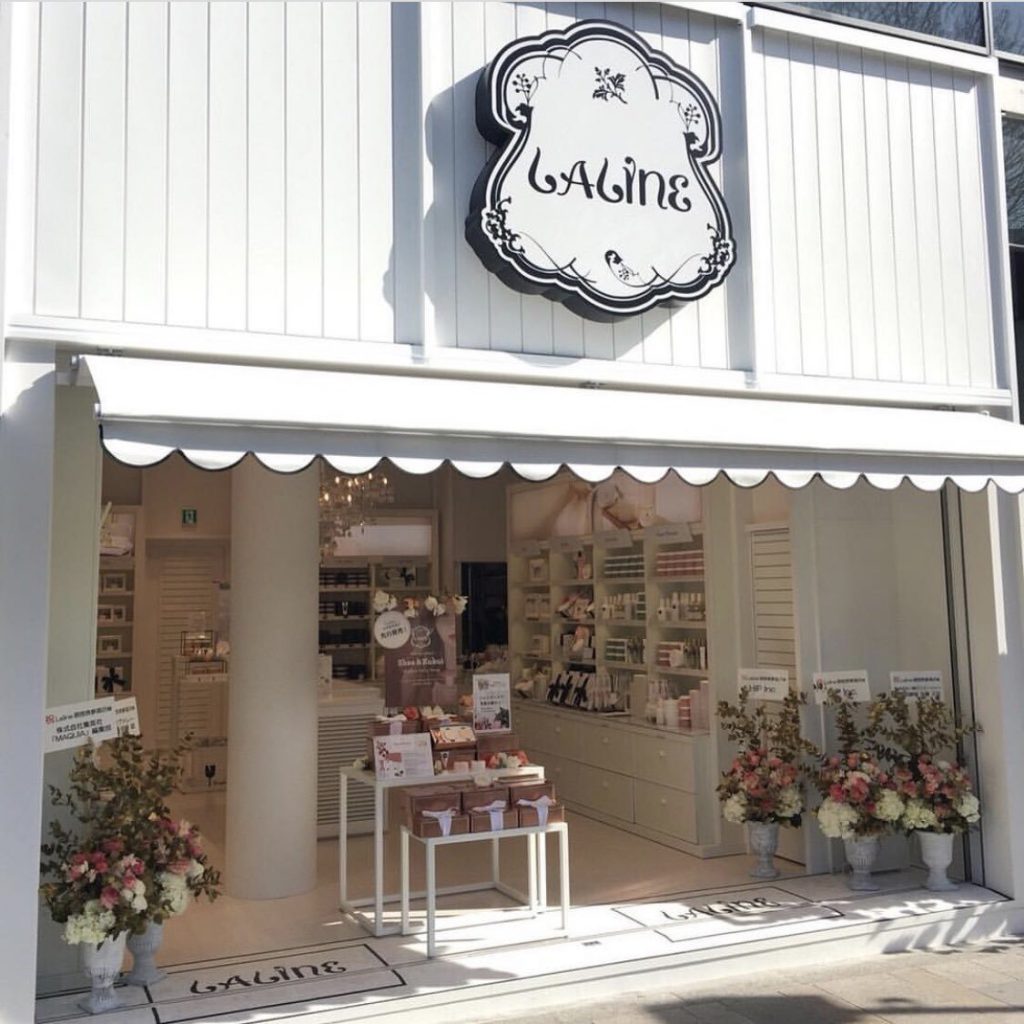
“You just need connections”
This is not a cinderella story. This is a story of hard work, and of someone who realized, at a very young age, where his abilities lay. Levy says that he always had two left hands, but that didn’t interfere with him running his brothers. “My father always told me, ‘you have very high intelligence’. Ultimately, even then I knew how to manage our lives. That’s how it happened that my brother would always do my part,” he recalled with a smile.
Tony Levy grew up in Rishon Lezion, “on the water”, he says, in a middle class family with a barber father and a homemaker mother. “Our economic situation was always okay, we always had everything we needed.”
What kind of kid were you?
“I was a showoff. Skateboarding and surfing from age 10. I was always good at those things.”
Like all the other kids around, Levy too dreamt of being a soccer player. The stars of his childhood were Moshe Sinai and Shabtay Levi. The latter was married to Revital Levi, the owner of the Laline chain. “When I was a child, I admired them, I had posters of them in my room. Today I meet them regularly, both for business and socially,” he says.
The name Tony, by the way, was not chosen with regard to his international career – that is the name is parents, Moti and Susan, gave him. “All my friends would tell me that I was a goy because of my name. On my national ID, I’m Tony Levy. They named me for the actor Tony Curtis whom my mother loved. He was popular back then. In any case, mine isn’t the only interesting name in the family. My older brother is called Jean Paul, after Jean-Paul Belmondo. I also had a sister, Helen, who passed away. We were very close. We grew up together. And I have a younger brother, Rotem.”
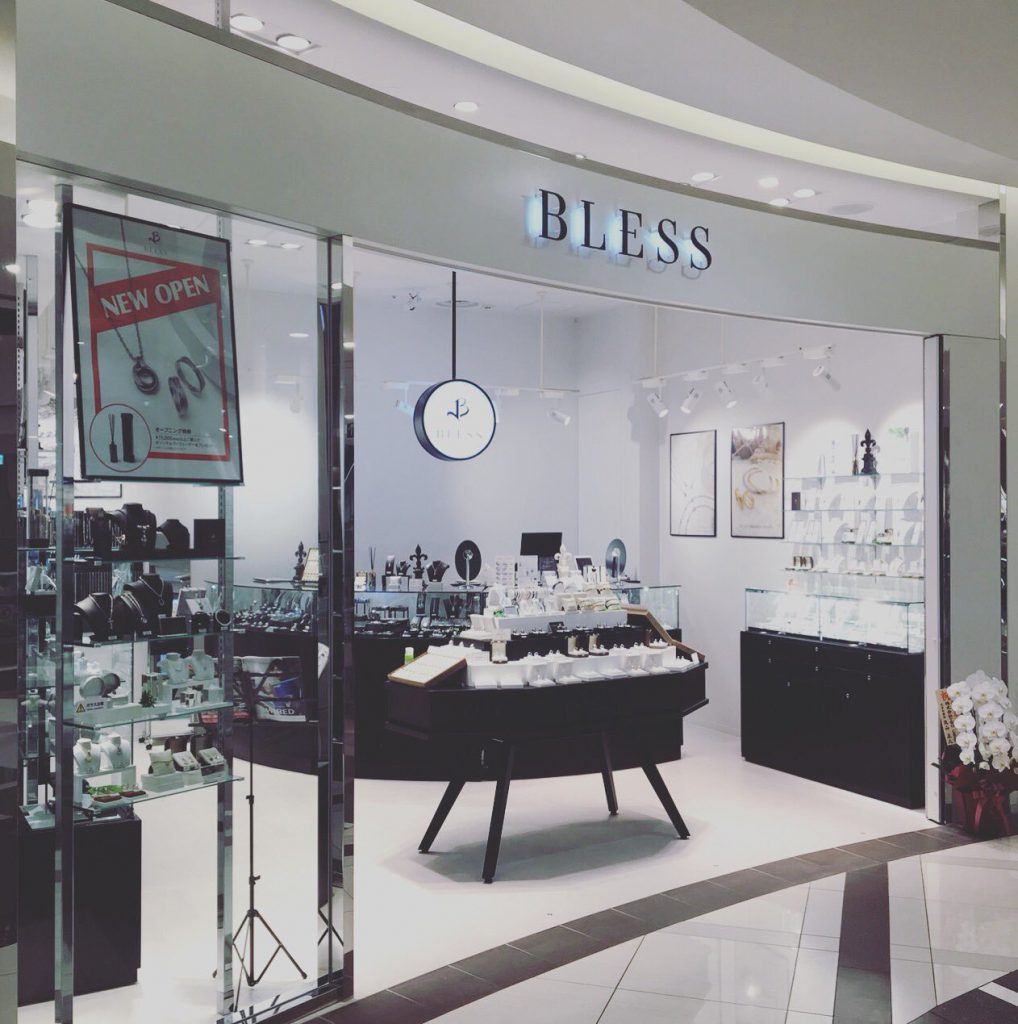
From age 8 until conscription at age 18, Tony worked with his siblings at their father’s barber shop. He mopped the floors, made coffee for clients, and shampooed their heads. “They would arrange a box for me to stand on, so that I could reach the clients’ heads. That was my father’s way of looking after us,” Levy says.
Levy joined the army, but while he was there, he was in a car accident as a result of which he was declared an IDF-disabled veteran. For many months he was in and out of hospitals, rehabilitation programs and surgeries. During that time, he recalls, he realized that he was left without friends. “You’re alone. It’s just you and your parents,” he recalls sadly.
When he was 21, he received another blow. His father, who was a dominant figure in the house and family, died. “Suddenly I was left with this void. Mom was crying all the time. You’re helpless. Very quickly you just want to get out of there. Anywhere. Doesn’t matter where. You just need connections.”
In 1996 he got an offer from a friend: come to Japan. The friend figured that within two weeks they would raise the minimum amount of money needed for the flight, and when they arrived in Japan, they would find work for other Israelis, manning mall-carts. “Very quickly I began doing fundraising: a little money from Grandma, a little from my brothers. I actually told my mother I was flying to San Francisco. If she heard that I was planning to go to Japan she wouldn’t have given me anything,” says Levy. “Everyone put me down. They said after a month I’d be back with my tail between my legs.”
When the date came that the two had set, Levy found that his friend had disappeared. Instead of despairing, Levy decided to use the contacts he had gotten from his friend, and to go anyway. And so he found himself amongst many Israelis in Fukuoka, “the Be’er Sheva of Japan,” as he called it.
“Different in a good way”
It was not an easy start. The Japanese were not awaiting another young Israeli to come and sell jewelry from portable carts. “I worked for Israelis at a jewelry stand, and I told them that I wasn’t willing to work weekends. The other Israelis did not understand that at all, because that was the best money,” he says. “It wasn’t going well for me. For two years I was at the cart reading psalms.”
Levy assiduously saved his money during that time. With five friends, he rented a cheap apartment where they slept on the floor. When, every so often, he went to festivals some distance away for several days, in order to sell jewelry – he would live in his car for the duration of the festival.
Eventually, Levy came to own a cart of his own, and suddenly he felt that his luck had changed. “The Japanese raised me up,” he said. “I saved on everything. It got to the point where my employees would open a designer wallet and dress nice. On your birthday you get a Louis Vuitton wallet as a gift. You get into it.”
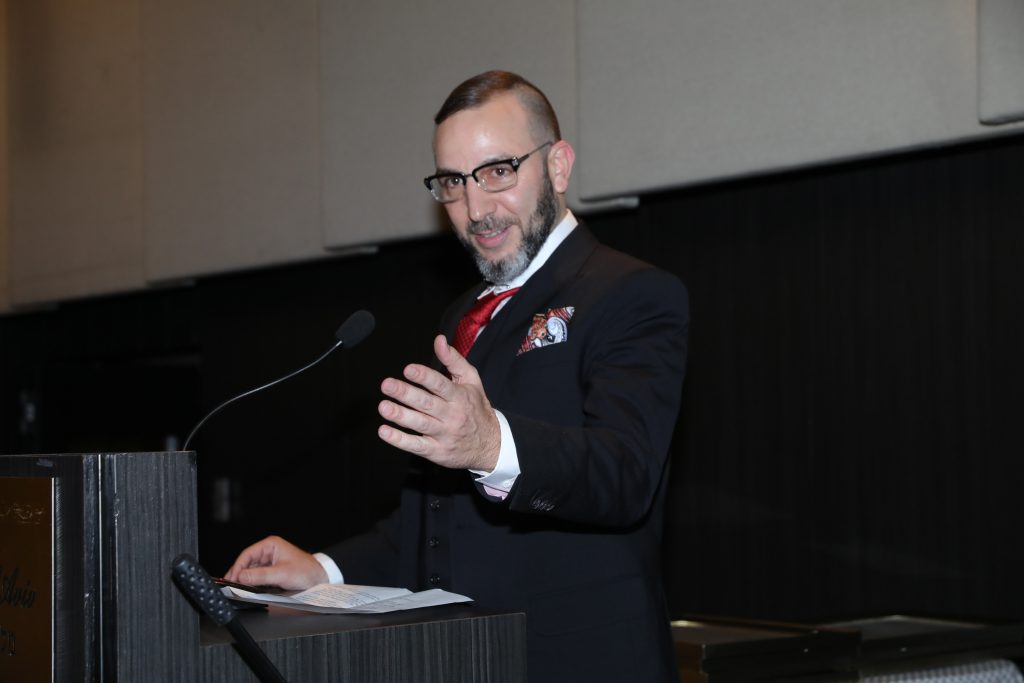
You started with jewelry, in fact, which is also the primary business you run today
“I always loved design. From a young age I loved jewelry. How I look is important to me. I love beauty. I love style. Even the building we are sitting in right now is a piece. I don’t like being conventional. It’s fun to be different in a good way. When I moved from the carts to a shop, at the beginning I brought in the same merchandise that I would sell on the carts, but very quickly I realized that I had to move up a class. I see jewelry in different magazines and say, ‘I want something like that in the store.’ I would talk to the suppliers and order it.”
“In Japanese it sounds awesome”
Levy rented his first store in Nagasaki. “Yes, the same city where the atom bomb fell,” he says. Rent was $200 a month, and Levy renovated it by himself. “In order to cover the holes in the wall, I bought those tin sheets, the kind usually used to fence in construction sites. It gave the place a cool kind of style,” Levy tells proudly.
That first jewelry store was called “Barcha”. “A friend that I met in Osaka who helped me open the store suggested that name,” he says, gets up from the sofa restlessly, gesturing with his hands. After that there were three additional stores, and then there was an offer to open another store in a mall near Tokyo. But there was one small problem: the owners of the mall didn’t like the name “Barcha”. One night, before he had to give his answer, “I got an SMS from God,” he spreads his hands enthusiastically. “Bless!” He put his hands on his head. “I called my Japanese employee straight away to ask her how it sounded in Japanese. She said it sounds awesome.”
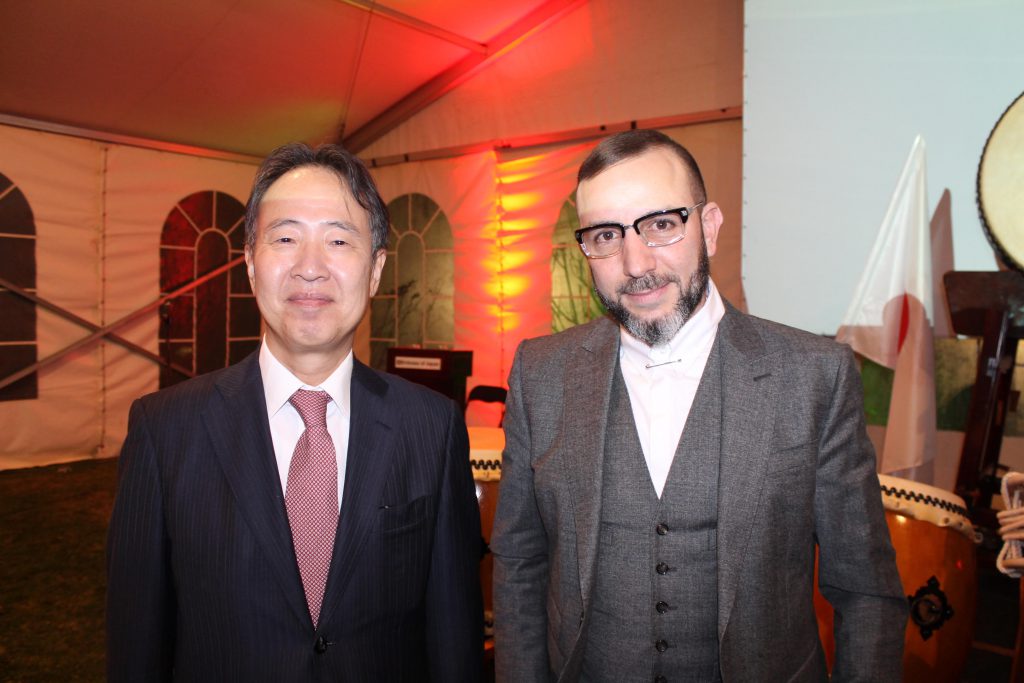
Four and a half stores in Japan. Were you beginning to feel like a success?
“Listen, at that stage you’re just trying to keep on top of things. You can barely withdraw salaries, buy merchandise or train the employees. I virtually lived in the store. There were no other Israelis who did it before me. In the tenth store, when I was 28, I felt that I was riding the wave.”
Levy brought the Israeli chain Laline, established by Merav Cohen and Revital Levi, but sold in 2007 to Fox-Wizel, owned by Harel Wizel, to Japan in 2011. “We opened a store on the Champs Elysees of Japan with an advertisement of the spokesmodel, Yael Bar-Zohar, displayed there on the wall, three stories tall,” Levy recalls. But the timing was not perfect: in April of the same year that it was acquired, one of the most powerful earthquakes ever recorded occurred in Sendai, with a tsunami 10 meters tall and the consequent Fukushima nuclear disaster. The Japanese economy suffered a terrible blow.
In 2015, Levy sold 70% of his holdings of Laline Japan to the company TSI, for $30 million, while retaining control of 30% of the chain. His initial investment in opening the chain in Japan was $1.5 million, so numbers-wise, he earned 20 times the initial investment. Today, Laline Japan has 28 branches with two more stores in Hawaii. According to his estimates, he is now worth around 100 million NIS.
Levy divides his time between Israel and Japan, but remains a bachelor. “One month I’m here, the next I’m there,” he says. He has been living this split life for years, actually, both in his personal and business life. With his economic faith in real estate, he has purchased many apartments in Israel and Japan in recent years.
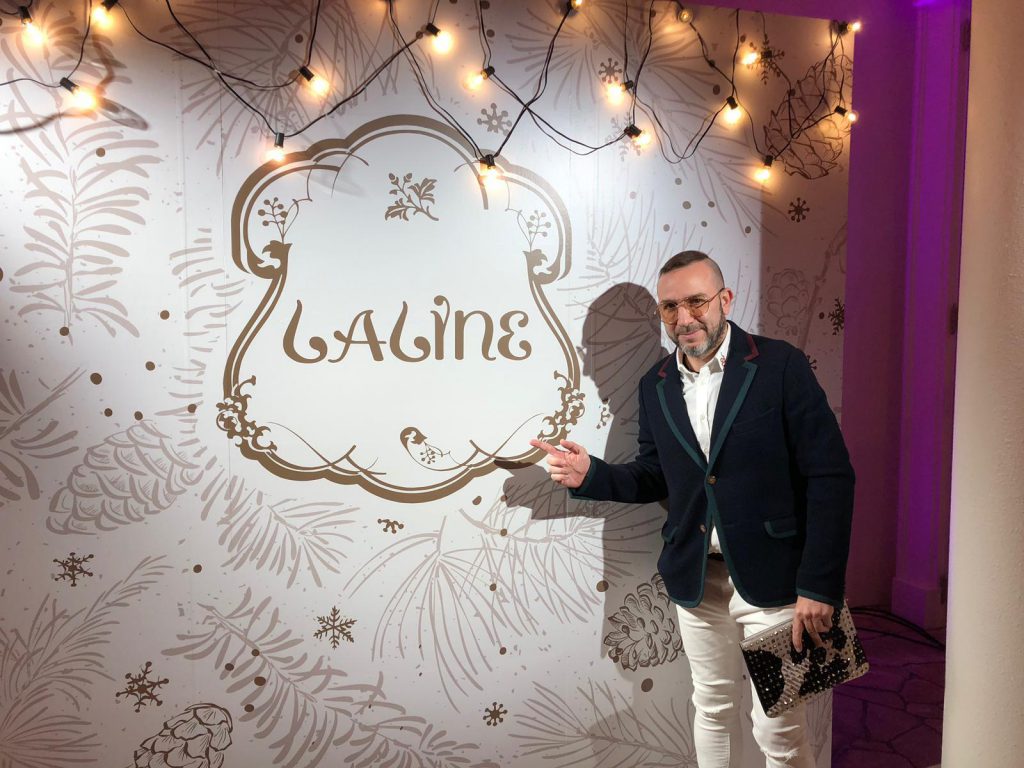
Are you Israeli or Japanese?
“Both. I was born in Israel – I grew up in Japan.”
Over the years in Japan, a powerful yearning awoke in Levy for both family and tradition. “At the beginning, my family didn’t come visit me, mostly because there wasn’t any money,” he tells. “My brother only came to visit after four years. My mom came a few years later.”
The early years in Japan were also hard in terms of family and tradition. “It’s unavoidable, the beginning is hard,” he says. “You desperately miss the people back in Israel. Moreover, I keep kosher and there is almost nothing I could eat in Japan. Every Friday I would open a kind of Chabad house. I invited all the Israelis to do kiddush and made them Moroccan fish. On Passover, I would take the carts, turn them into tables and invite all the Israelis over to my place for the seder.”
With his economic success, Levy’s connection with the local Jewish community grew stronger, and he felt a desire to give more. When the president of the Jewish community asked to leave, Levy was offered the position. He hesitated. “It’s an old man’s job,” he said. “Although my instinct was to refuse, I asked a rabbi, and he told me to go for it. That it’s a great privilege.”
What does it actually mean to be president of the Jewish community?
“On a municipal level, the community buildings are registered in your name. Also, you have to make sure that the basic roles are filled. That there is a rabbi, and to look out for the Jewish institutions. It’s a non-profit role, and I’m not doing it to win respect.”
One of the more significant contributions that Levy made to the community was the mikveh. In 2012, he discovered that the Jewish women in the city who wanted to dip were forced to fly an hour every month to the nearest ritual bath. After bringing Laline to Japan, Levy decided that it was time “to give back to my community,” and decided to donate a mikveh to the Jewish community. “They offered to split the cost between different contributors, but I said that I wanted to take on the whole mitzvah myself. The Rav had tears in his eyes in gratitude. I need that.”
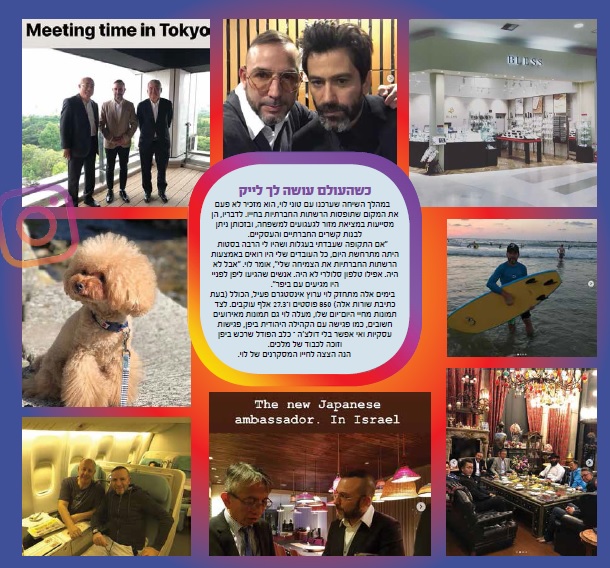
Today, Tony tries to relax, take care of what he has, and manage his business. There are transactions in the signing process and he recently acquired another jewelry brand. He wants to focus on real estate and consulting and believes that the next big business moves will be made with partners and not alone, as he has been operating thus far.
He is not interested in politics, but says that the high cost of living in Israel is untenable. Politicians meet him with different opportunities. “Maybe they are planning something, but that field does not interest me,” says Levy. “I think I’m doing great marketing for Japan and I have a strong connection with the Japanese embassy in Israel. I also recently received a certificate of excellence from the Israel-Japan Chamber of Commerce. They’re great. I am a cool young man and I think they love me for that.”
These days, Levy says, a number of Israelis are in Japan working on a movie based on his life story. “It will be a fictional film, based on my story, only embellished. I believe that within a year it will be ready to watch.”
What will be written on your gravestone?
“The man who made the most of life, who brought color into everything he did.”
So money is everything in life?
“Money makes your life comfortable. I got to the point where it’s the little things that make me happy. A rich man comes to the dock and sees a humble fisherman sitting and fishing for hours. The fisherman says to the rich man, ‘Come, fish with me. Why don’t you fish?’ And the rich man tells him, ‘leave me be, I’m busy.’ ‘What’s your dream?’ asks the fisherman. ‘I want to buy things, build buildings and achieve conquests. After I conquer everything, I will have inner peace and I can fish with you,’ said the rich guy. The fisherman replies: ‘what are you doing all that for? I already have inner peace without having to do any of that.”

